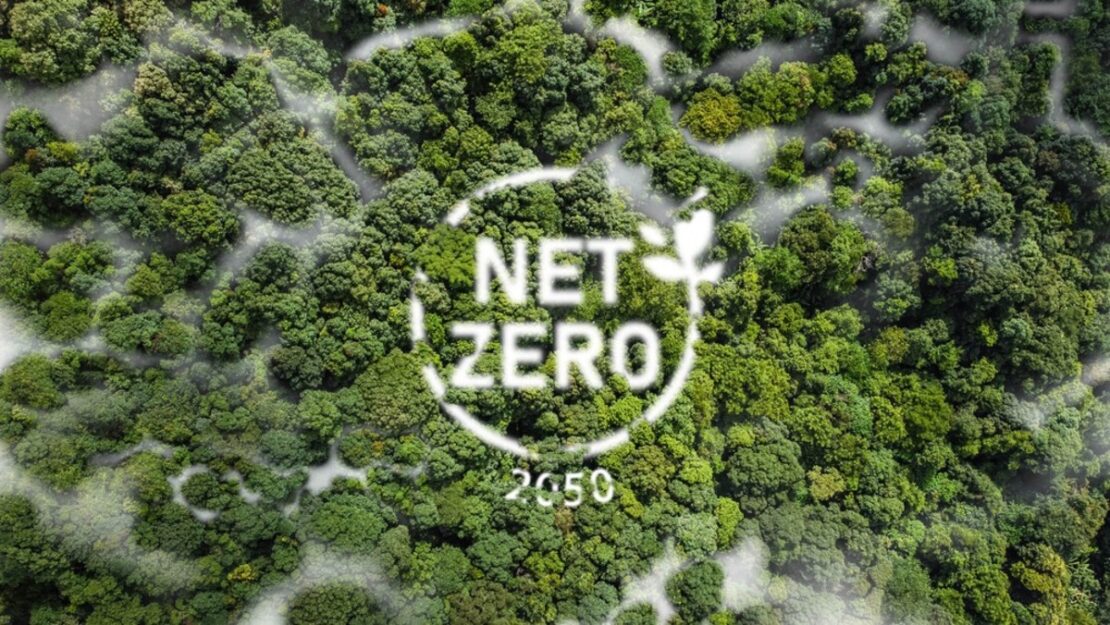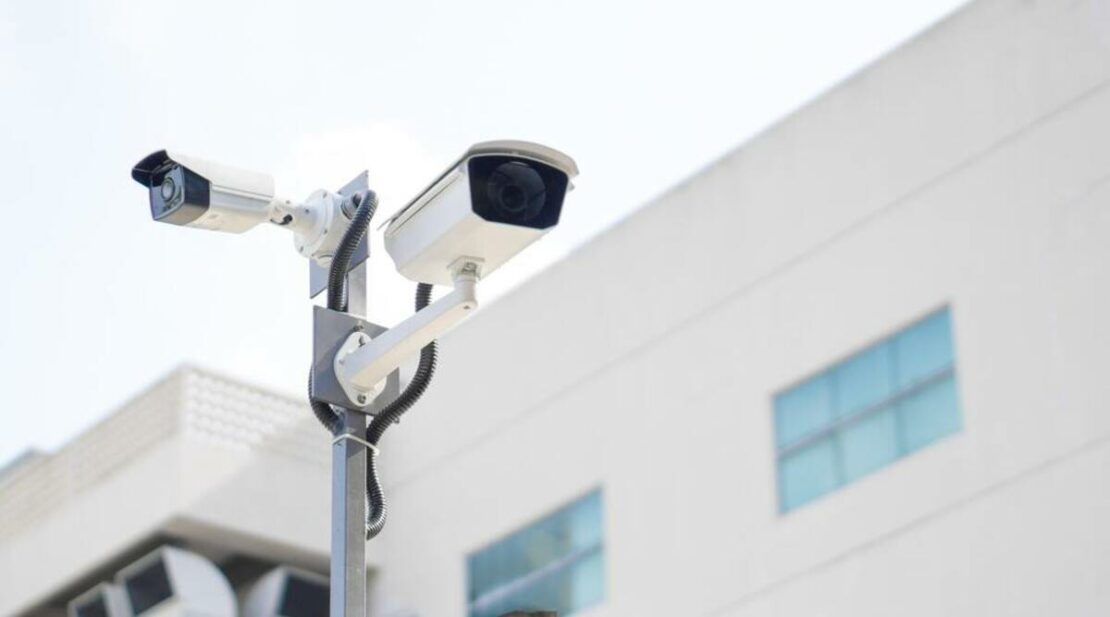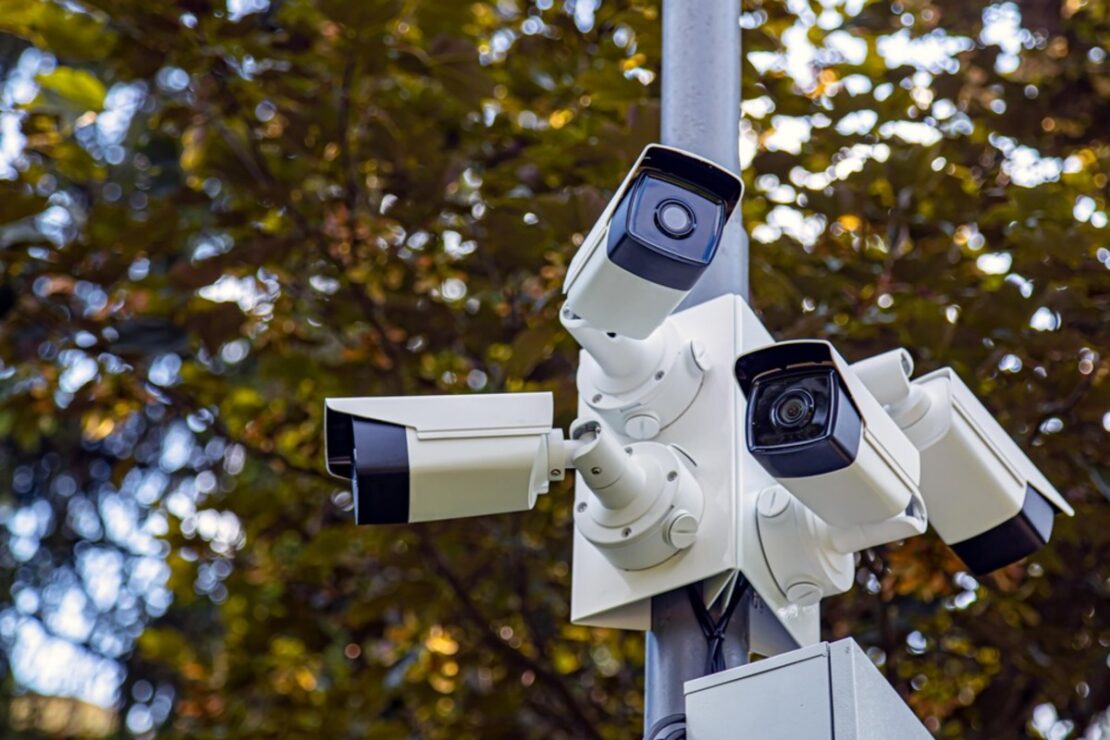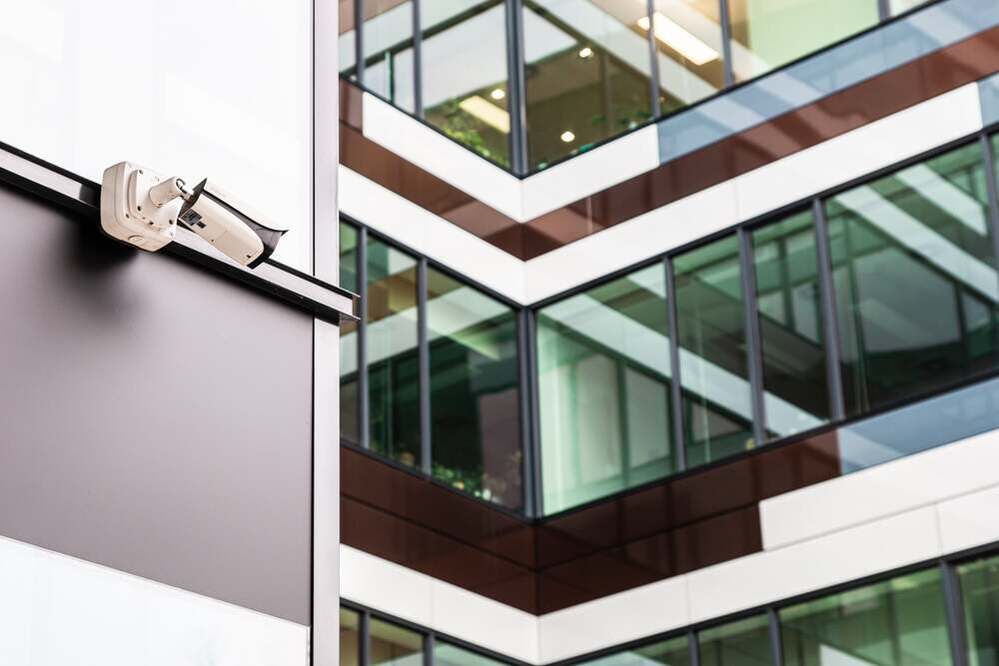
Safeguard Security Systems Limited is an SME, which designs and installs security systems to protect businesses. The company is committed to achieving net zero emissions by 2050.
We feel that everyone’s individual actions to reduce their carbon footprint are just as important as the actions of large businesses, and all those in between, to tackle climate change. The health of our planet is just as important to us as the health of our business.
Related reading: Carbon Reduction Policy
Table of contents
Baseline emissions footprint
This Greenhouse Gas Inventory describes Safeguard Systems’ impact on the environment as measured in greenhouse gases (GHG) emitted in units of equivalent tons of carbon dioxide for the reporting year 2021, comprised of January 1, 2021 to December 31, 2021.
The purpose of this Inventory is to benchmark Safeguard Systems’ GHG emissions and to provide a consistent methodology for documenting the emissions inventory on an ongoing basis.
Reporting year: 2021
Safeguard Systems Greenhouse Gas (GHG) emissions detailed below follow the same format required by then GHG Protocol Corporate Standard.
- Scope 1 emissions are the company’s direct emissions, such as facilities & vehicles
- Scope 2 is the emissions from the company’s use of utilities, such as electricity
- Scope 3 emissions cover the emissions created through indirect upstream and downstream activities
Baseline Year Emissions
| Emissions | Total (tCO₂e) |
| Scope 1 | 50.944 |
| Scope 2 | 58.261 |
| Scope 3 | 24.480 |
| Total Emissions | 133.685 |

Current emissions reporting
2022 is Safeguard Systems’ first year of reporting, following the benchmark year 2021.
Reporting Year: 2022
Safeguard Systems Greenhouse Gas (GHG) emissions detailed below follow the same format required by the GHG Protocol Corporate Standard.
- Scope 1 emissions are the company’s direct emissions, such as facilities & vehicles
- Scope 2 is the emissions from the company’s use of utilities, such as electricity
- Scope 3 emissions cover the emissions created through indirect upstream and downstream activities
| Baseline year emissions: | Current year (2022) emissions: | ||
| Emissions | Total (tCO₂e) | Emissions | Total (tCO₂e) |
| Scope 1 | 50.944 | Scope 1 | 22.811 |
| Scope 2 | 58.261 | Scope 2 | 8.688 |
| Scope 3 | 24.480 | Scope 3 | 97.061 |
| Total Emissions | 133.685 | Total Emissions | 128.560 |

| Scope 3 Emissions Category Breakdown 2022 (Based on the required 5 of the 15 categories of Scope 3 emissions defined by the GHG Protocol) | |
| Category: | Total (tCO₂e) |
| 4. Upstream transportation and distribution | 1.045 |
| 5. Waste generated in operations | 2.377 |
| 6. Business travel | 1.737 |
| 7. Employee commuting | 0.321 |
| 9. Downstream transportation and distribution | 0.116 |
| Other | 91.785 |
| Total Scope 3 Emissions | 97.382 |
Emission reduction targets
In order for Safeguard Systems to gradually progress toward achieving Net Zero in 2050, we have adopted the following carbon reduction targets.
- Reduce overall GHG emissions by 50% over 12 years from our baseline year 2021
- Implement carbon offsetting over 5 years (from our baseline year) to help balance emissions created from business activities
We project that carbon emissions will decrease over five years, from our baseline year, to 104.274 tCO₂e by 2026. This is a reduction of 22%.

Year on year we will update the above graph to include our actual emissions.
Related reading: Net Zero Strategy: Build Back Greener
Carbon reduction projects
Please find below the carbon reduction projects and initiatives Safeguard Systems is undertaking to reduce emissions.
Complete carbon reduction initiatives
Safeguard Systems’ initiatives to tackle carbon emissions include both downstream and upstream scope 3 emissions.
Furthermore, we will implement the following environmental management measures across the lifetime of our carbon reduction plan from 2022 to 2050.
Here are the environmental initiatives we are undertaking:
- Consider replacing fleet vehicles with electric – electric fleet being introduced gradually during 2023
- Encouraging car sharing across the business
- Promote office staff cycle to work scheme
- Embracing alternative and hybrid working models that have been normalized since the covid pandemic
- Reduce site visits where remote site surveys are possible
- Recycle all recyclable waste
- Review of activities that fall under categories of scope 1,2 & 3 emissions
- Encourage staff to consider their personal actions to reduce their individual impacts
- Support the renewable sector through our business
- Invest in carbon offsetting
- Consider alternative renewable energy supplies for running and heating the office
- Encourage a paper free office and keep all records digitally
Declaration and sign off
This Carbon Reduction Plan has been completed in accordance with PPN 06/21 and associated guidance and reporting standard for Carbon Reduction Plans.
Emissions have been reported and recorded in accordance with the published reporting standard for Carbon Reduction Plans and the GHG Reporting Protocol corporate standard and use the appropriate Government emission conversion factors for greenhouse gas company reporting.
Scope 1 and Scope 2 emissions have been reported in accordance with SECR requirements, and the required subset of Scope 3 emissions have been reported in accordance with the published reporting standard for Carbon Reduction Plans and the Corporate Value Chain (Scope 3) Standard.



